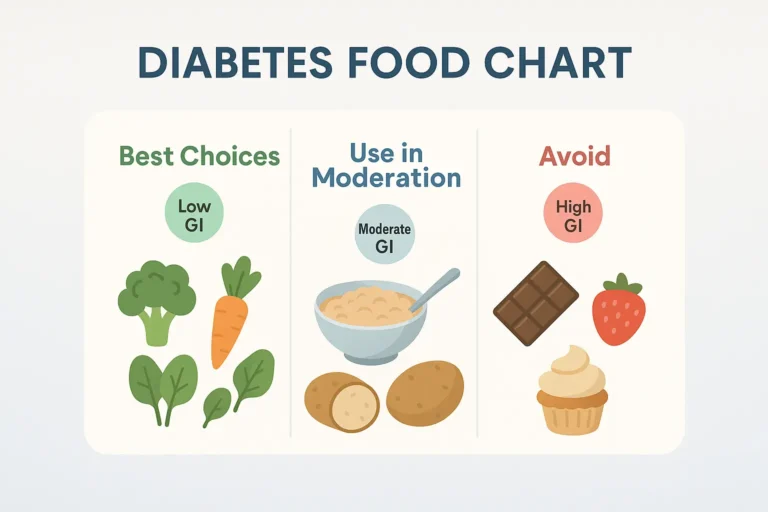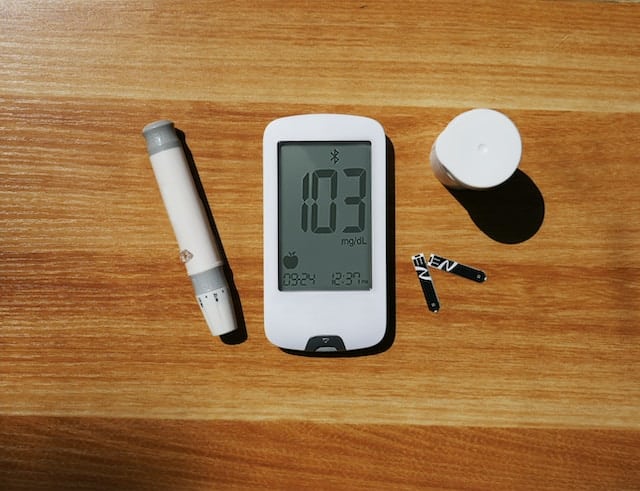A Comprehensive Manual on Appropriate Diet While On Metformin
Keeping an equilibrated diet while consuming metformin is vital for blood sugar control and management of diabetes. This piece delves into the best food choices for metformin users. Showcasing advantageous foods that complement this drug and aid in diabetes control, healthy eating, and maintaining blood sugar levels. By understanding which foods are helpful and which to avoid, people can support their health and manage diabetes and blood sugar effectively. The write-up proceeds to examine how different foods may interrelate with metformin, giving functional guidance to aid users in making educated food choices and managing diabetes competently.
Grasping Metformin’s Significance and Aims
Core to the control of diabetes is often the drug Metformin, with diet having a meaningful impact on those using it. The risk of encountering lactic acidosis, a rare yet severe outcome associated with Metformin use, is a leading worry. More than simply securing a well-rounded diet, those on this medication must inform themselves concerning certain types of food that might implicate the potentiality for lactic acidosis. Monitoring for and reporting uncommon manifestations like fatigue or trouble catching your breath, which might be symptomatic of lactic acidosis, is vital for seeking immediate medical aid.
Weight Regulation
In the progression of managing diabetes with Metformin and concomitantly managing body weight, combining the drug with a nutrient-filled and balanced diet is crucial. Integrating fiber-rich, nutrient-dense foodstuffs can extend feelings of satisfaction and are conducive to weight management. Including bean varieties such as lentils or chickpeas in dishes can elevate feelings of fullness while supplying the body with essential nutrients.
Additionally, choosing healthier cooking methods like grilling, steaming, or using an oven to replace frying is advised when endeavoring for weight regulation during Metformin use and the course of handling diabetes. A harmonious meal encompassing grilled chicken breast, steamed broccoli, and quinoa promotes both objectives of weight regulation and supporting holistic health.
Appropriate Food Options During Metformin Use
Non-starchy vegetables must be included as part of the dietary regimen of those using Metformin. The low carbohydrate content of these vegetables makes them an optimal selection for glycemic control. Adopting non-starchy vegetables in meal plans is a cornerstone of a balanced diet, as it supplies the body with mandatory vitamins and minerals without triggering a surge in blood sugar levels.
Including nonstarchy vegetables like spinach, bell peppers, and broccoli in one’s diet balances blood sugar levels. These veggies are prime sources of crucial nutrients such as vitamin C, potassium, and folate. Sidedishes like soft-fried spinach or oven-roasted Brussels sprouts could enhance the nutritional value of your meal and assist in controlling the influence of metformin on insulin sensitivity in one’s body.
Foods to Be Wary of During Metformin Use
Saturated Fat
High levels of saturated fat consumption have the potential to compromise cardiovascular health. Regulating the ingestion of these fats for overall health is a priority. Instead, healthier fat resources like avocado, nuts, and olive oil should be chosen. These alternatives provide important nutrients while avoiding the negative impacts associated with saturated fats. By limiting carbohydrate consumption while on metformin, patients can control their glycemic levels in a more effective manner; this implies the requirement to focus on complex carbohydrates like whole grains and vegetables, rejecting processed foods laden with simple sugars.
Sodium-Rich Foods
Higher consumption of salt-containing foods can increase blood pressure, exacerbating existing health issues when taking metformin. Monitoring sodium ingestion is, therefore, very important. For a healthier heart, consider choosing low-sodium substitutes or using herbs and spices for flavoring in lieu of salt. Managing carbohydrate and sodium intake alongside metformin can equip individuals to maintain blood glucose equilibrium while protecting their cardiovascular health.
Alcohol Consumption Risks
It is recommended to discuss drinking habits with a healthcare provider to evade potential adverse interactions between alcohol and the drug. Excessive drinking can render the beneficial effects of metformin useless.
In Conclusion
Comprehension of how diet impacts metformin users is crucial for blood sugar control and mitigating potential side effects. Controlling carbohydrates, avoiding certain foods, and incorporating essential vitamins and minerals can greatly influence metformin’s efficacy. Managing gastrointestinal discomfort and considering other medical conditions when planning a diet is essential for general health.
Consulting with a healthcare provider or a registered dietitian to create individualized dietary plans is important for those on metformin. Being informed about beneficial foods, monitoring blood sugar levels, and making educated choices are key for managing health while on metformin.







